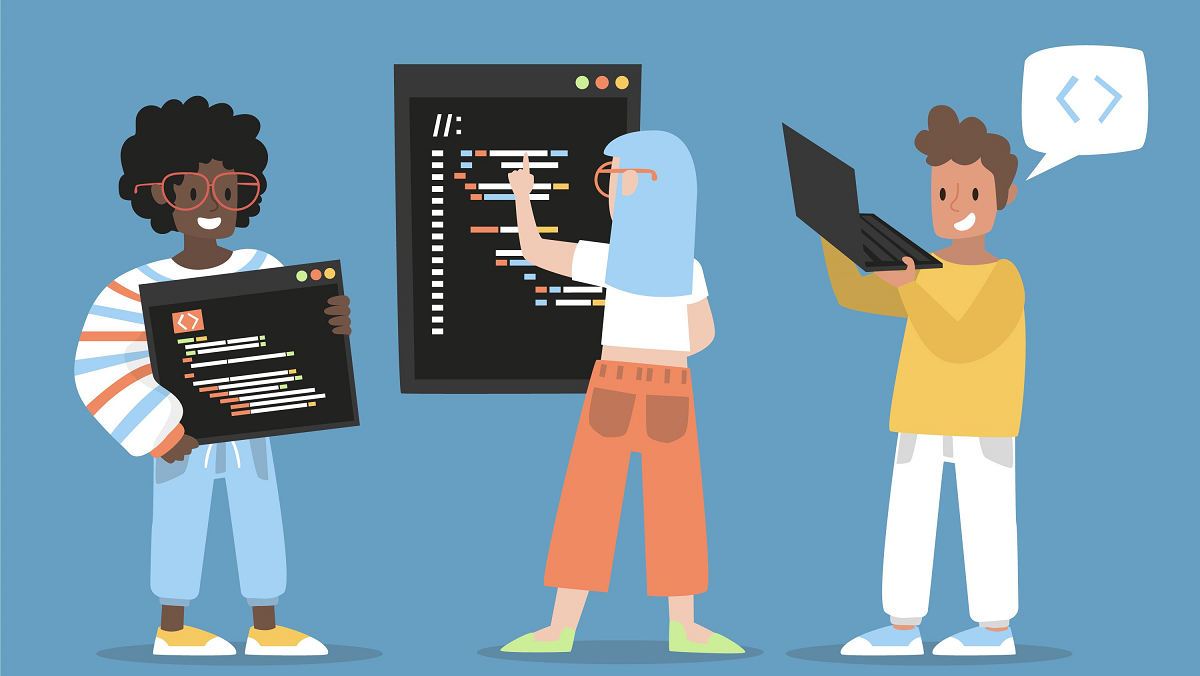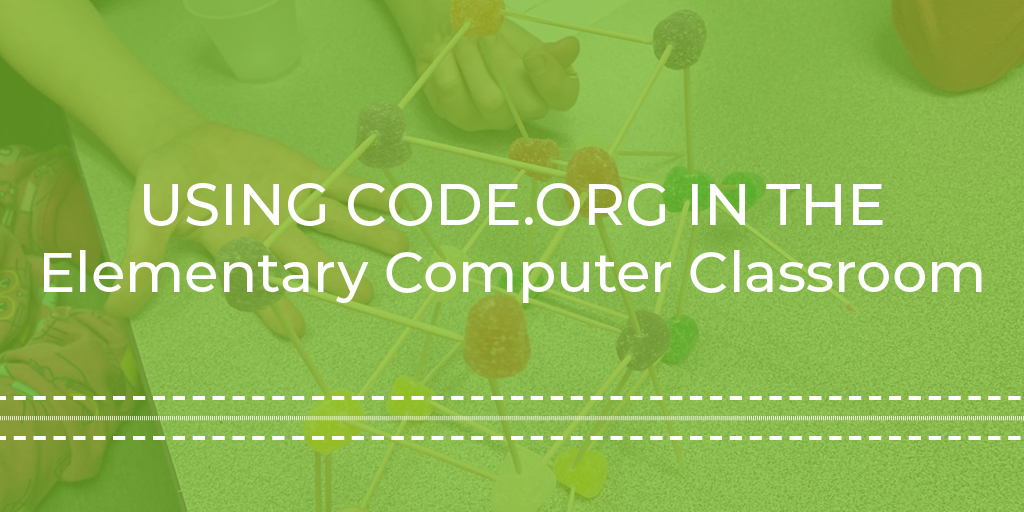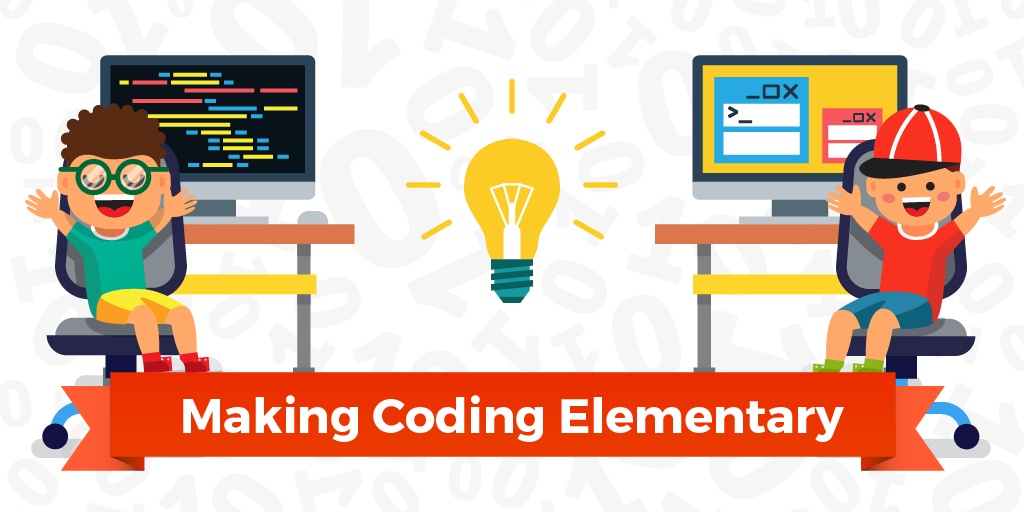In today's tech-centric world, early coding instruction from K-5 has gained prominence because knowledge and skills go beyond the classroom and help shape future STEM success. Its importance is reflected with an annual celebration on September 13th, known as Programmers Day, which honors the diverse contributions of programmers across various fields like technology, science, and entertainment, employing languages like Python and Java.
Coding cultivates vital skills such as critical thinking, problem-solving, and computational thinking, applicable throughout the curriculum. It fortifies math proficiency, enriches scientific comprehension, and instills engineering mindsets. It also acquaints students with technology and digital literacy. This foundation equips them for future STEM pursuits, making education a launching pad for promising futures. Let’s explore the importance of early coding, its connection with robotics, and its incorporation into various subjects.
Building the Foundations of Learning
Fostering Critical Thinking and Problem-Solving Skills
Coding is not just about learning a programming language - it's about nurturing essential skills such as critical thinking and problem-solving. When students engage in coding activities, they are presented with real-world challenges that require logical reasoning and creativity to solve. These skills serve as a solid foundation for future academic and professional endeavors.
Developing Computational Thinking
Computational thinking, a key element of coding, encourages students to break complex problems down into smaller, manageable parts. This analytical approach not only helps in coding but also in other subjects like math and science. Computational thinking helps students approach problems systematically, improving their ability to tackle challenging tasks across the curriculum.
Preparing for STEM Success
Strengthening Math Skills
Coding often involves mathematical concepts like sequencing, patterns, and algorithms. When students apply coding principles, they reinforce math skills naturally. This early exposure supports increased confidence and proficiency in math, which is critical for advanced STEM studies.
Empowering Tomorrow's STEM Leaders: The Role of Coding in Grades K-5
Topics: Education Technology, STEM, Coding, STEM education
I’m still fairly new to the coding game. In November 2018, I finally enrolled in a Code.org class held near me. I loved this free class and wanted to try it out with my students. However, I didn’t feel like the timing was right for me to participate in the Hour of Code taking place just a couple of weeks following my training. After all, I was still learning myself and only beginning to teach the Code.org curriculum to my third and fourth graders. So, I bowed out of the Hour of Code in December 2018, thinking I’d try it the next year.
Fast-forward to December 2019. I now had a year of experience teaching the Code.org curriculum. This year, I even included my second graders in coding activities. By the time December rolled around, I was ready. I had already signed up for the Hour of Code and had a plan of action.
Micro-Cloud Learning Series Part 2: Technology Components of a Micro-Cloud Architecture
In the first part of our micro-cloud learning series, we discussed how this technology is impacting educators and students worldwide. But what exactly does it take to get this technology up and running?
A micro-cloud implementation spans three distinct levels of a distributed architecture. These are the centralized cloud console, the micro-cloud instance(s), and the intelligent devices.
Topics: STEM Lessons, Coding
Micro-Cloud Learning Series Part 1: The Digital Divide in Education
The potential to create a better world through global learning initiatives has never been greater. All of the wisdom and knowledge ever created has been captured, digitized, and catalogued to allow young people to learn and grow faster than ever before. World leaders from both the government and technology sectors have rallied over the last decade to increase learning absorption through e-learning initiatives that put this knowledge at the fingertips of students everywhere in the world.
Topics: STEM Lessons, Coding
Back in September, I was sitting in a district computer teacher meeting discussing activities we used in our classrooms. My colleagues mentioned how they participate in the Hour of Code and other coding activities. Meanwhile, I was sliding down in my seat, embarrassed that I wasn’t doing the same cool activities as the others.
I have only been teaching computer class for five years, and I’m still learning how to balance life as a teacher/librarian as well as a technology instructor. Still, I want to do well on the technology side of my job. Instead of sitting around and feeling incompetent, I got online and found out more information about Code.org—an organization that sponsors the Hour of Code and a website that provides resources for teachers. Code.org also offers many professional development opportunities; I found a workshop close to home and signed up.
Topics: STEM Lessons, Coding
How Coding Can Help You Teach Reading, Math, and Science.
In the previous century, computer science and computer coding was left to a few highly trained individuals. There was a level of expertise and skill needed to “speak the language” of computer science—for most people, it was a foreign language.
As we embark deeper into the technological age, we are finding that the language of computer coding is not a “foreign language” anymore. K-12 schools have worked to introduce coding earlier and earlier into the curriculum. Education organizations like www.code.org provide amazing resources for teachers to be able to cover this subject matter.
Topics: tips for teachers, STEM, Coding
Coding has become part of the curriculum in many schools across the country—even for our youngest students in elementary schools. Coding has quickly grown over the past few years to be considered a fundamental basic literacy skill as it teaches students to be problem solvers and critical thinkers in a digital world. With an estimated 1.4 million programming job openings over the next 10 years, coding is one of the fastest growing job markets for our students as they move from school to the workplace.
Teaching coding in elementary schools is easy and so much fun. Over the past few years, many companies have created block coding apps, programs, robots, and more to help educators scaffold learning for our younger students. Block programming offers a simplified model of coding, with each block representing different commands. Block codes allow students to easily drag and drop a sequence of blocks together to create actions. Programs fall into the two main categories: Puzzle, where students use blocks of code to move an avatar through a series of mazes; and creation, where students drag and drop blocks of code to create their own program, story, or game.
Topics: Science Lessons, curriculum, 21st Century Skills, tips for teachers, Coding









